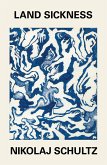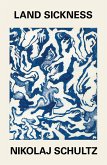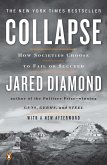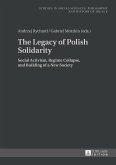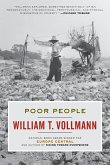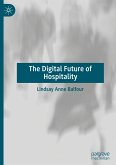«Tapping into our own shadows, waste becomes a source of self-knowledge for a species at risk of self-annihilation. This book is a must read to raise consciousness in the era of the Anthropocene. Inspiring. Timely. Original.»
(Francesca Ferrando, author of The Art of Being Posthuman)
«In this provocative and socially engaged book, garbage becomes a kaleidoscope through which Sayan Dey invites us to view contemporary Indian society. Through the fertile concept of "garbocracy," the author unveils the embodiment of power and oppression within the organization of space, communities, and knowledge. The book emphasizes the need to liberate ourselves not only from the garbage dumped everywhere but also from the logic that organizes the division between purity and dirt, waste and worth.»
(Marco Armiero, ICREA Research Professor, Autonomous University of Barcelona, author of Wasteocene: Stories from the Global Dump)
The book titled Garbocracy: Towards a Great Human Collapse engages with how the accumulation and disposal of garbage in India is motivated by diverse social, cultural, political, economic, communal, caste, religious and various other factors. The disgusting experiences generated by the sight and the stink of garbage is not only physical in nature, but psychological, neurological, structural, institutional, tangible and intangible in nature. To elaborate further, on the one side the improper disposal of garbage in the public places generate varied health issues and on the other hand it impacts the social, cultural, political, and economic state of individuals and communities. With respect to these perspectives, the aim of this book is to unfold how the various socio-politically motivated patterns and intensions of disposing garbage in India, gradually convert the heaps of garbage into authoritative entities that govern the habitual thinking, behaving and acting patterns of the humans.
(Francesca Ferrando, author of The Art of Being Posthuman)
«In this provocative and socially engaged book, garbage becomes a kaleidoscope through which Sayan Dey invites us to view contemporary Indian society. Through the fertile concept of "garbocracy," the author unveils the embodiment of power and oppression within the organization of space, communities, and knowledge. The book emphasizes the need to liberate ourselves not only from the garbage dumped everywhere but also from the logic that organizes the division between purity and dirt, waste and worth.»
(Marco Armiero, ICREA Research Professor, Autonomous University of Barcelona, author of Wasteocene: Stories from the Global Dump)
The book titled Garbocracy: Towards a Great Human Collapse engages with how the accumulation and disposal of garbage in India is motivated by diverse social, cultural, political, economic, communal, caste, religious and various other factors. The disgusting experiences generated by the sight and the stink of garbage is not only physical in nature, but psychological, neurological, structural, institutional, tangible and intangible in nature. To elaborate further, on the one side the improper disposal of garbage in the public places generate varied health issues and on the other hand it impacts the social, cultural, political, and economic state of individuals and communities. With respect to these perspectives, the aim of this book is to unfold how the various socio-politically motivated patterns and intensions of disposing garbage in India, gradually convert the heaps of garbage into authoritative entities that govern the habitual thinking, behaving and acting patterns of the humans.


